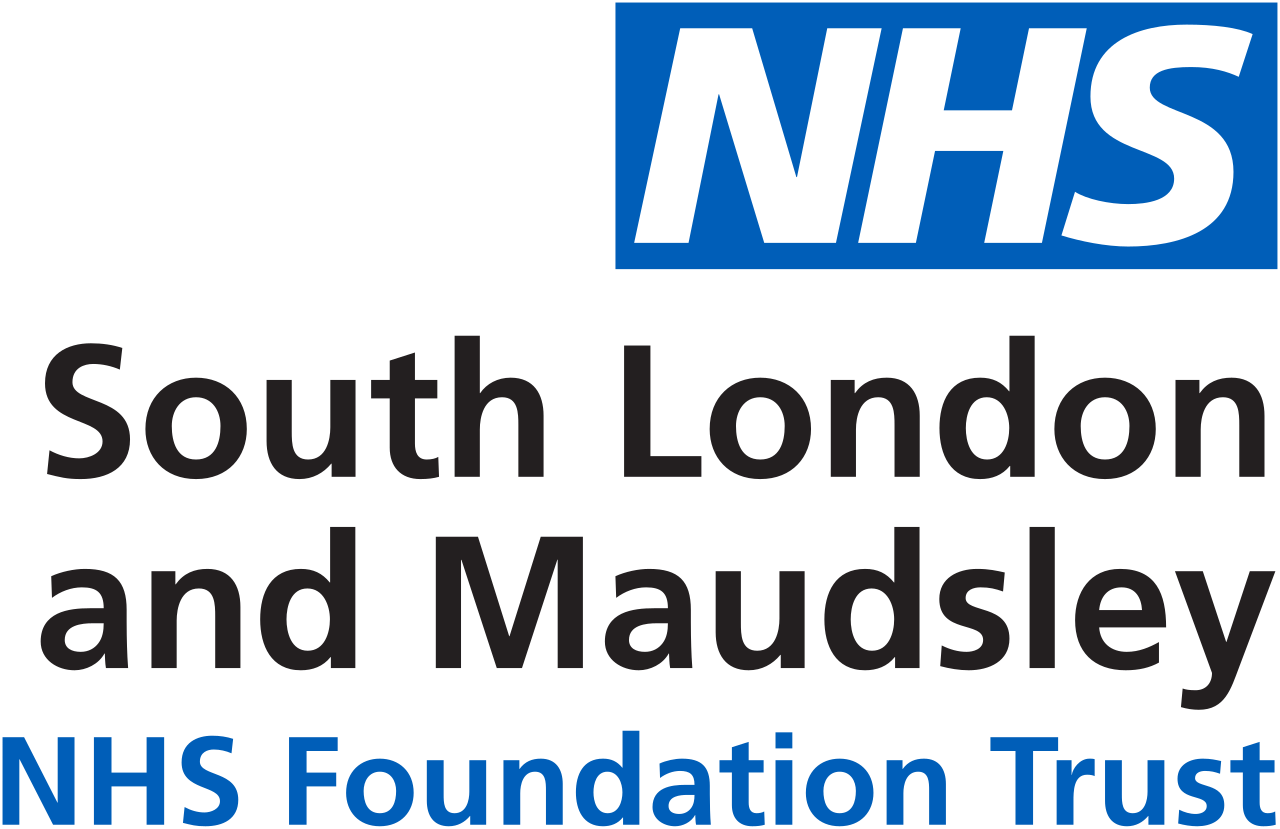SELCoH participants secondary mental health service use
To use CRIS data to investigate the use of secondary mental health service in South East London population.
To use CRIS data to investigate the use of secondary mental health service in South East London population.
The Clinical Record Interactive Search (CRIS) system is a computer system that allows researchers at the NIHR Maudsley Biomedical Research Centre (BRC) to carry out research using information from South London and Maudsley NHS Foundation Trust clinical records.
AboutThe Clinical Record Interactive Search has been developed in collaboration with:

